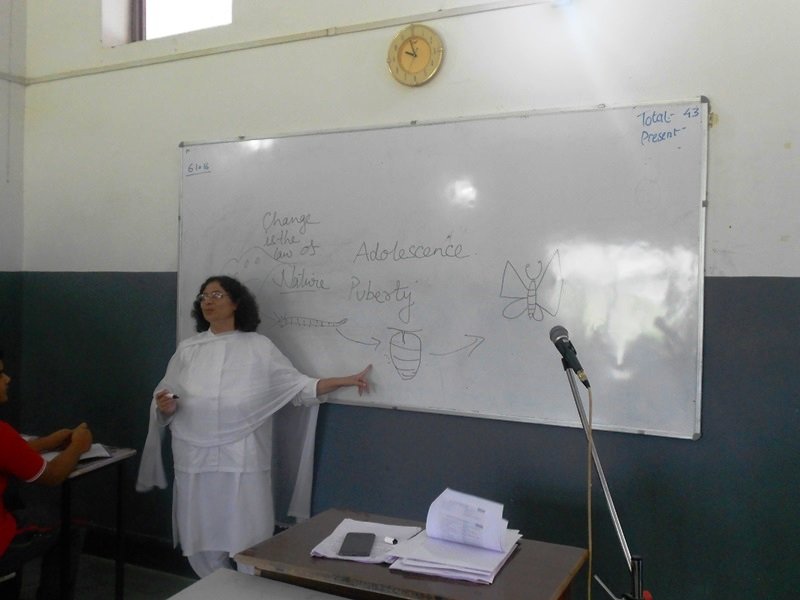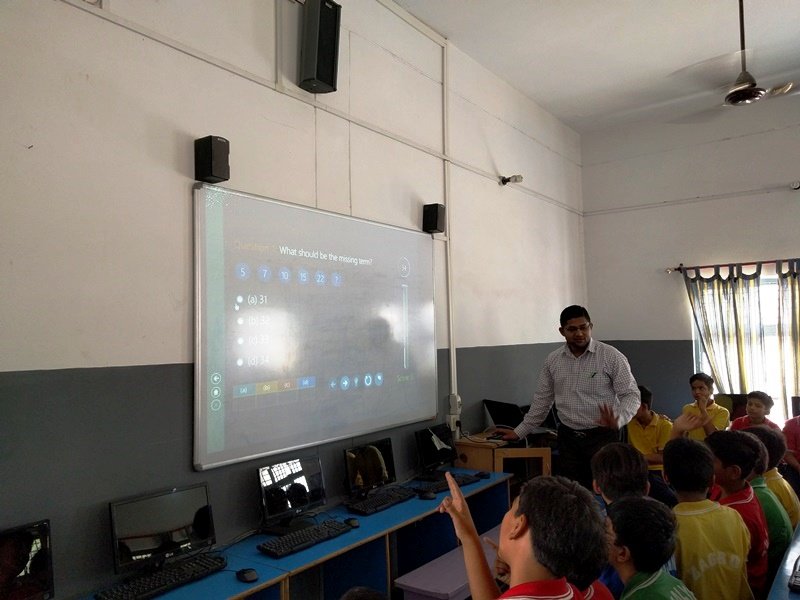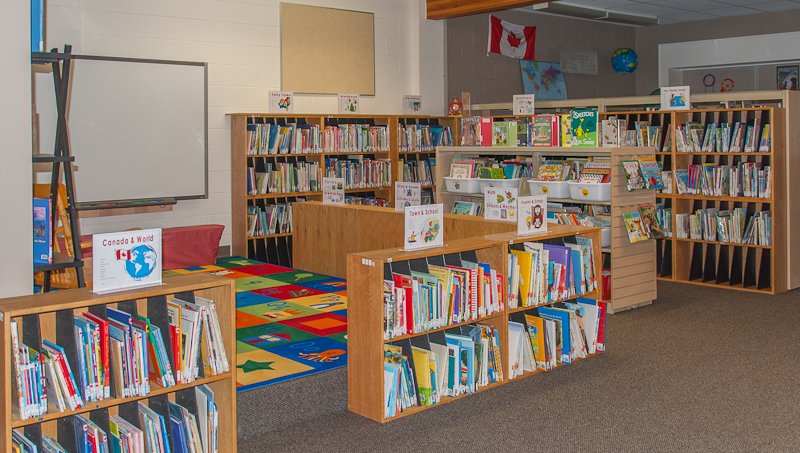Study Classes

Our School publishes class size information for schools in some states and student-teacher-ratio information in others, depending on what’s available in each state from the respective state Department of Education. It’s important to understand the difference between these two types of data and what they indicate about your school.
When you see class size of our school pages, the number refers to the average class size at the school. Some classes may be larger or smaller than the average number you see. This is especially true in schools which have state-mandated class sizes, particularly in the lower grades. Schools that have mandated lower class sizes in grades kindergarten through 3 may have larger class sizes for the upper grades.
Classes

Student-teacher ratios are based on the total number of school instructional staff divided by the total enrollment of students. So this number may include specialist teachers in the arts, literacy specialists, physical education and special education teachers, who may teach smaller groups of students. As a result, student-teacher ratios may show smaller numbers than the actual average class size.
Student-teacher ratios, which in many states are based upon full-time equivalent (FTE) teachers, can appear high for schools that have a large number of part-time teachers. If, for example, a small school has four part-time teachers, who each work 25% of the time, the student-teacher ratio at this school would be calculated based upon one teacher instead of four (because four teachers at 25% is equal to one full-time teacher). This will make the student-teacher ratio appear higher than it really is. If you think your school data shows an exceptionally high student-teacher ratio, check with your school principal to find out why.
Library

Our School provides your child a huge collection of books with enormous variety. Tagore has given a very good description of a good library in these words: My idea of a small library is one that keeps books on every subject but only select books, not one of which is their merely as an offering of worship to number, but each one of which stands on its own merit; where the librarian is a true elevate, devotee of ulterior seeking free from pride in the mere loading of shelves, capable of discriminate rejection. A library in short which makes just enough provision that can be placed before its guests for their declaration with a librarian who has the qualities of a host, not a storekeeper.
